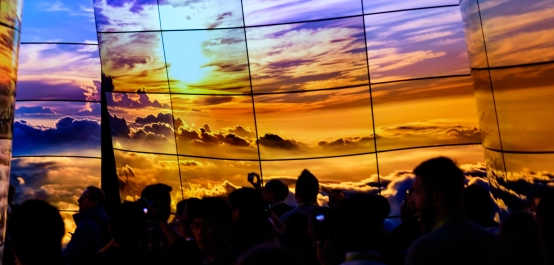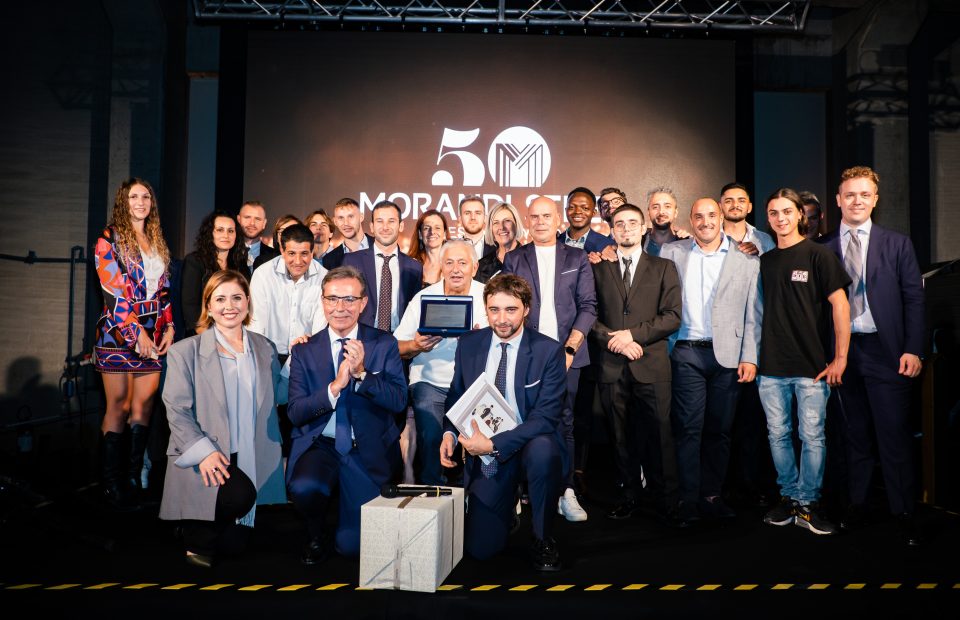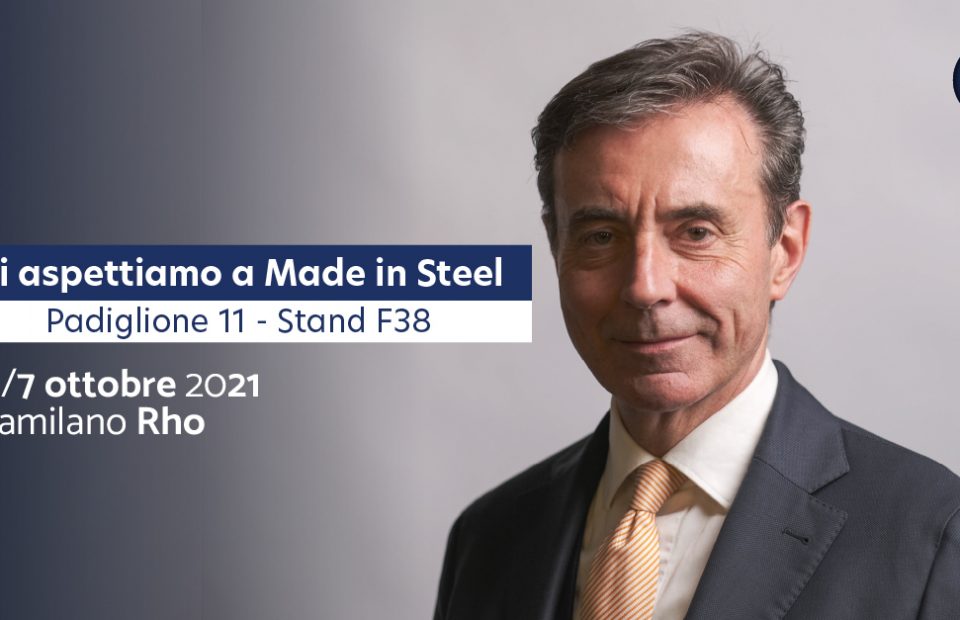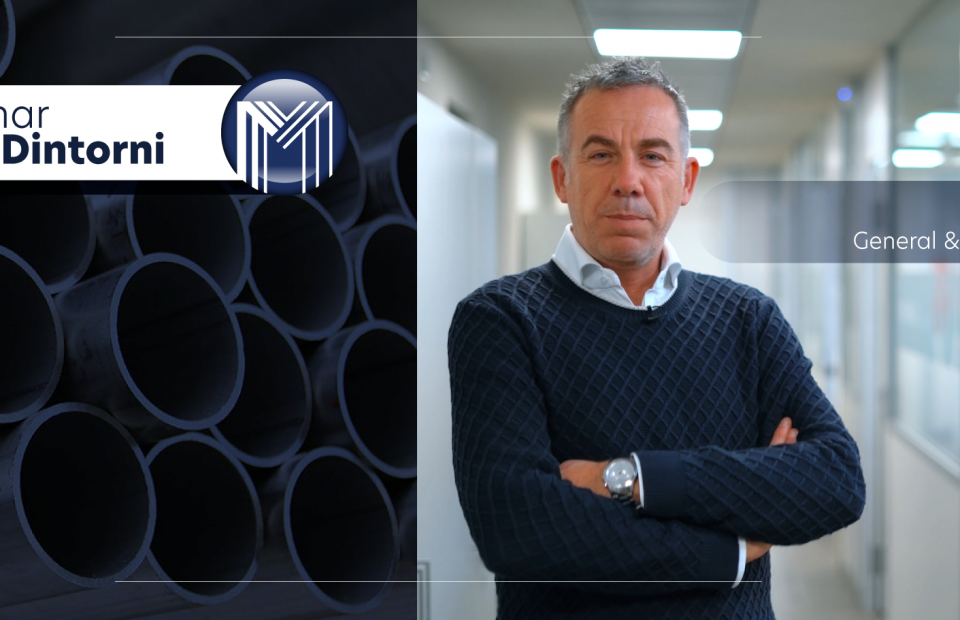
The Garden of Eden
28 September 2017
Morandi Spa at Tube 2018
21 February 2018Las Vegas, Seattle and the steel of tomorrow
Virtual reality, artificial intelligence, big data and IoT (Internet of Things) were the protagonists of the last edition of CES, the event dedicated to the technological innovations which took place in Las Vegas, Nevada, this January.
The Consumer Electronic Show, from 1967 until today, has showcased the most important technologies which changed our lives and our productive processes. And even this year, more than 3.900 exhibitors showed the frontiers of innovation.
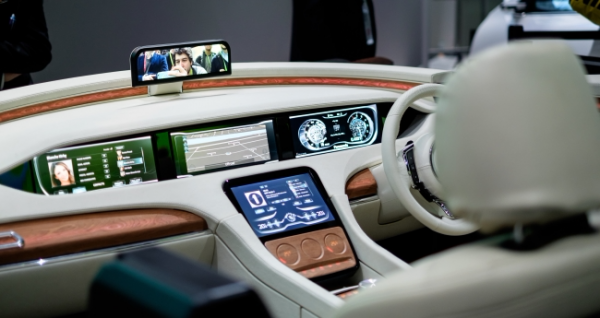
This is a very long list. From the automotive field, where artificial intelligence integrates in self-driving cars endowed with an electronic brain that can predict and signal dangers; laser sensors that can detect objects and new mobile 5G nets that will provide cars with a fast and stable connection.
In the smart cities, projects like the Alibaba’s ET City Brand use the cloud to gather data to manage and divert traffic flows in the cities.
In the family & lifestyle field, smart domestic appliances can be integrated to create a connected home, with remote-controlled thermostats that can set home temperatures, fridges that can warn about the expiration of food and wardrobe with voice assistants.
This list could be as long as the 240.000 square meters of pavilions, but the right question is: “how this technology could influence and change even the perspectives of customers of other sectors?”
The right thing to do is, with a lateral thinking exercise, to try to imagine how virtual reality, artificial intelligence, big data and IoT could be applied to our companies.
And in the steel industry, how could we improve the management of orders using voice assistance and recognition?
Why couldn’t the robot technology that can play with a boy, preempting his actions, be used in our productive plants? Or how could the data gathered in the cloud improve our platforms, marketing management systems and CRM?
Questions really tricky to answer. Solutions tricky to imagine and to apply.
A first solution to answer this questions could be that of listening. Listening to the new ideas, meeting the startups. Indeed, in Italy the startup ecosystem is an innovative and thriving scenario.
It is not a coincidence that 44 Italian startups had been picked to take part in the CES, in the youngest and most exciting area of the event: the Eureka Park, dedicated to startups and to their technological innovations. Italy, today, has 7.806 innovative startups (source Digital Magics, 2017.09.18)
Often, web services, apps, smart armbands, bots, 3d printers and sensors have been the core of an idea turned into a company, which incubators and investors have bet confidently on. But it is necessary that our industry see, understand and propose applications in our daily work, in our productive processes. Being open and debating with startups, listening to their ideas, is an essential step for our steel.
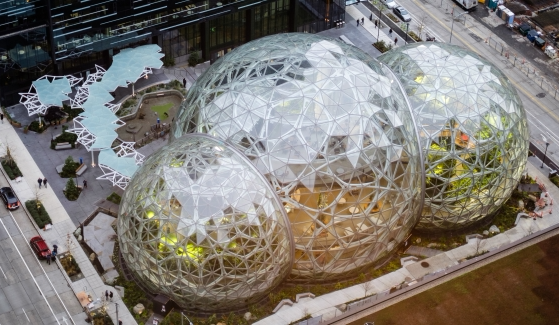
A second solution, collateral to being open to innovative startups, is that to look to big players and big companies which had put innovation at the core of their businesses.
Indeed, the innovation rises, first of all, from a cultural change, like they told us at the Microsoft’s Headquarter, in Seattle. It is not a coincidence that the biggest It company in the world speaks about its technological transformations (from the dream of Bill Gates of “a world where a computer is on every desk and in every home”) starting from values.
To trigger every transformation, even before technologies, before IoT, artificial intelligence and augmented reality, the vision, the culture and the values play an essential role.
In Seattle, heart of the innovations where Microsoft, Boeing, Starbucks and even the grunge of the Nineties found a fertile ground, there is the HeadQuarter of another big player, Amazon.
The giant of the supply industry is taking “Amazon Business” to Italy. A platform that is not only going to manage consumers goods, but that is designed for companies and B2B markets. In this case, as suppliers and buyers will be on the same platform, Amazon will play as an enabler of the match between supply and demand, managing all the activities from sell, orders, billings, from stock to logistics.
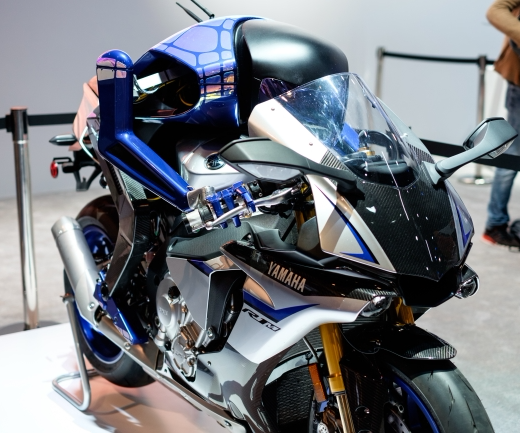
We don’t know if and when the steel industry (mediators and suppliers) will be touched by this revolution, but we need to be aware and ready to follow and know the next moves of the biggest player of logistic in the world. Which feels always on his Day 1, as Jeff Bezos’s motto reminds in the Seattle HeadQuarter: “There’s so much stuff that has yet to be invented. There’s so much new that’s going to happen. People don’t have any idea yet how impactful the Internet is going to be and that this is still Day 1 in such a big way.”
Maybe, even our steel industry should go on to feel on its Day 1, like a startup. Because it is on our first day that we feel the thirst for ideas, the longing for innovation that makes always better products and processes.
To do this, then, it is important to glimpse at the new technological proposals, to that events, like the CES, which are “hotbed for ideas and places of new ways of thinking”. Moreover, it is important to be able to spend some moment listening to the young startup whose innovative idea could perfectly fit our needs. And, finally, it is important to look at those who are ahead of us, to those companies which made that of the day 1 their main motto.
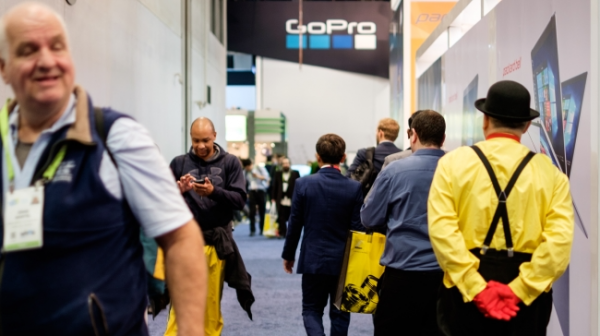
by Francesca Morandi, originally published on Siderweb


